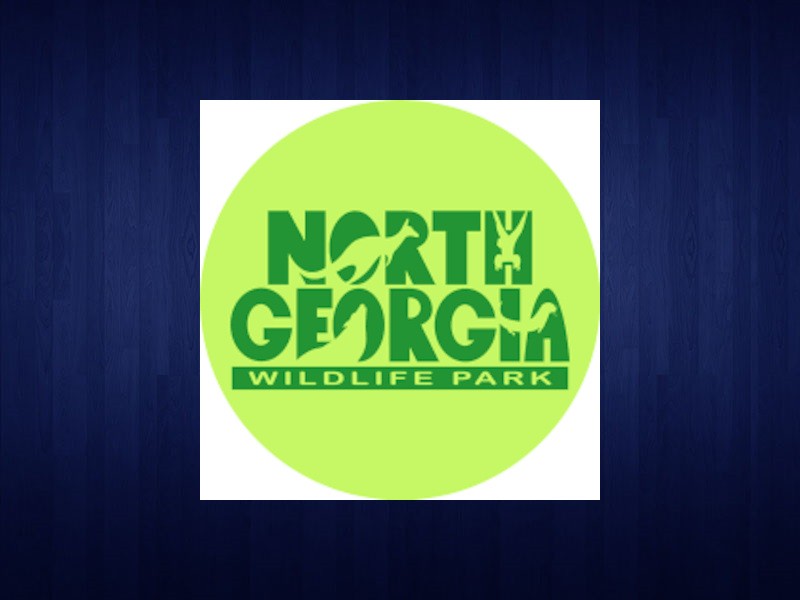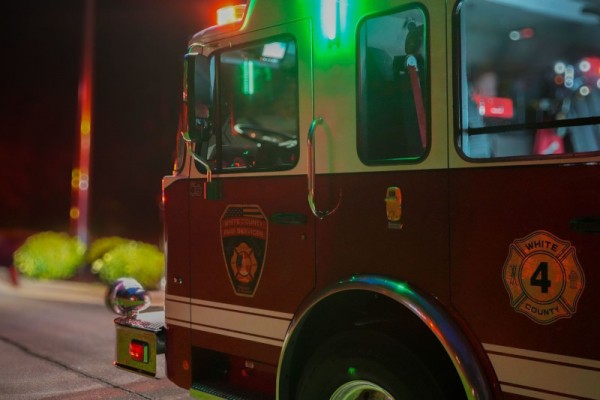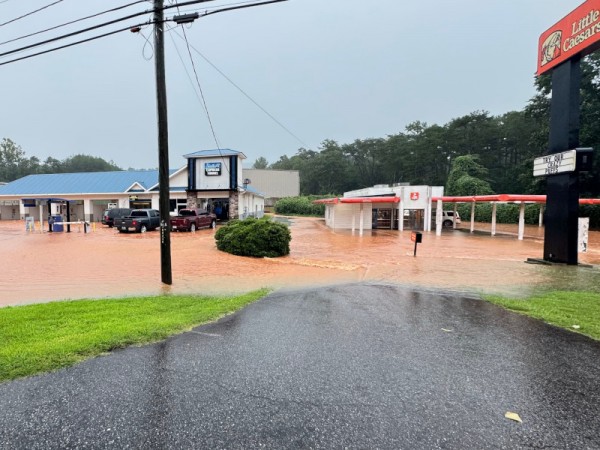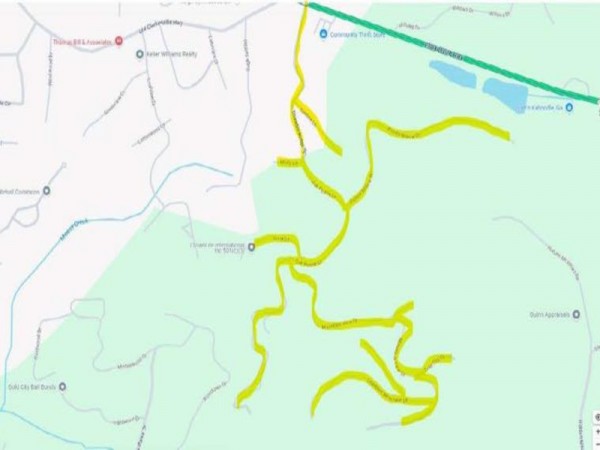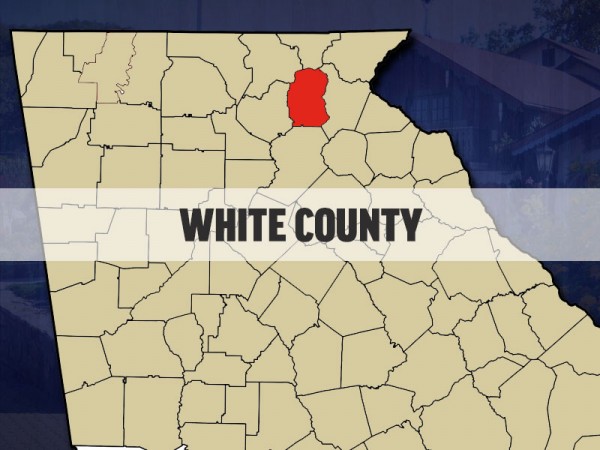North Georgia Wildlife and Safari Park started as a small wildlife outreach program and petting zoo in Cleveland, and is now a top attraction in North Georgia and worldwide. NOGA Wild recently won its third Traveler’s Choice award from Tripadvisor due to its top 10 percent attraction ranking.
This worldwide ranking comes from visitors’ positive online reviews.
“[The Tripadvisor award] was very humbling to us,” said NOGA Wild Director and Founder Hope Bennett. “We have an incredible conservation program here. But we are rustic, we are out in the woods. We don't have fancy concrete paths, but we do have the personal connection counters, the beautiful scenery, that natural part of being out in God's nature.”
The wildlife park is no stranger to adversity. NOGA Wild originally started as an outreach program called Wildlife Wonders 30 years ago. However, outreach programs came to a halt once the economy crashed in 2008.
“A lot of people were struggling with what to do with their families and how to stay focused on the good things in life,” Bennett said. “I thought ‘You know what, we'll just open up our petting farm areas for people.’ It was like $5, very minimal, so that we could help people find joy in the moment.”
This idea turned into a hit and many visitors from Atlanta drove to the small park nestled in the woods.
NOGA Wild continued to grow, eventually splitting into two parks. The Wildlife Park has a large variety of exotic animals that visitors can interact with, from capybaras to wolves. The Safari Park has a drive-thru safari experience, and this new feature became the backbone of NOGA Wild during COVID-19 restrictions.
“We had a second part of the property that we had hayrides on and we were trying to navigate the other side of the park, because parking became an issue,” Bennett said. “And then with COVID, people obviously couldn’t get out of their cars. So we opened up the hayride path for people to drive.”
The decision to convert the hayride path to a drive-thru safari was a success with visitors.
“And that exploded at the safari park,” Bennett said. “I realized as I was watching people drive… You've got young kids and they were watching the animals and feeding them and having fun. There were elderly people who couldn't get out of their car. You’ve got people that don't speak really good English. We had all walks of life and [the Safari] grew from COVID. So twice, two different things that are meant for evil were turned for good and gave people an opportunity to connect with animals here.”
As visitors drive through the park, they can tune into a radio station to listen to animal facts.
On the park’s Wildlife side, visitors can see a wide variety of exotic animals that are often overlooked.
“The way we kind of decide which species that we have here is by working with zoological facilities,” Bennett said. “And while we don't have the billion dollar budget like some of the larger zoos in the city – we're not doing rhinos and pandas –, we do have on the bill some of the smaller animals. They’re some of the ones that require more one-on-one interaction and are lesser known species.”
One of these animals is the New Guinea singing dog, an ancient lineage of dogs whose bloodline was once thought to be extinct due to hybridization with domestic dogs.
NOGA Wild partnered with San Diego Zoo for this breeding project with the goal to rebuild future wild populations.
Another important conservation project NOGA Wild is focusing on is the preservation of the African black footed penguin. A portion of admission proceeds goes towards the South African black footed penguin rehab center.
NOGA Wild recently celebrated the births of two new African black footed penguins and the first birthday of Bliss, another African black footed penguin. Penguin births in the wild and in captivity are rare, since penguin eggs are very fragile.
“These little baby penguins are actually going to be going up this week,” Bennett said. “People can actually hold a ‘baby’ baby penguin, meaning they're still in their downy feathers and they don't have their color yet. It’s a very short timeframe because they grow so fast. They’re so stinking cute, they're just a blob of soft downy feathers right now.”
Bennett said that giving visitors these hands-on experiences with endangered animals furthers NOGA Wild’s mission statement.
“One thing I really think that lacks a lot of times in our society is the passion for people and animals,” Bennett said. “You find that you love animals and hate people. The thing is, if we don't empower people to love people, they're not going to care about the animals.”
NOGA Wild will be hosting several fun fall events for visitors, like the upcoming Night of the Living Safari on Oct. 22. This will be a free drive-thru event, but donations are suggested per car.
Bennett said this event will give different people the opportunity to visit the zoo, and the donations will benefit the Creation Encounters nonprofit that operates from NOGA Wild’s property. The suggested $10 donation will also be put toward NOGA Wild’s camp and outreach programs.
“We're very aware that some of our entry fees and encounters, they're not cheap,” Bennett said. “And that's just because that funding is what covers our people, our animals and our zoo for the winter.”
NOGA Wild is only open one day per week during the winter. The zoo also has to budget for increased electricity bills due to the reptiles’ heat lamps. But Bennett said her faith in God, which is what led her to create NOGA Wild, helps her get through the tough season.
“Being the founder and director, it's a lot of looking ahead. I’m always looking at what we need to do to prepare, how we care for the animals and how I help my team. Fall is a beautiful time and I do trust God for the winter.”


